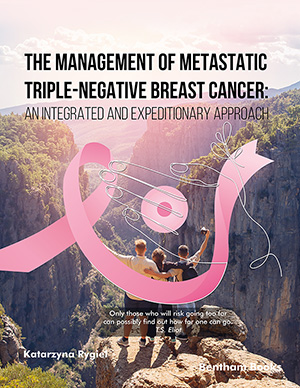Abstract
Background: Colorectal cancer (CRC) is a high-indence malignance of the digestive system with a high mortality rate in the world.
Aims: The results are desired to provide an important theoretical basis for discovering new therapeutic targets for CRC.
Objectives: The expression of human endogenous retrovirus-H-long terminal repeat association protein 2 (HHLA2) in human CRC was detected to explore its correlationship with clinicopathological features and prognosis of patients and its potential in treating CRC.
Methods: Western blot was employed to detect HHLA2 expression in fresh tissues obtained from 6 CRC patients' excisions, including cancer, paracancer, and normal issues. Immunohistochemical staining was employed to determine HHLA2 expression in paraffin-embedded specimens of 139 patients with colorectal cancer, and its relationship with the clinicopathological profiles and survival was analyzed. Small interfering RNA (siRNA) targeting HHLA2 was used to transfect CRC cells to silent HHLA2. MTT, plate colony formation, cell scratch, and Transwell assay were conducted to observe the proliferation, migration, and invasion of CRC cells.
Results: HHLA2 protein was expressed in human colorectal cancer tissues, paracancer tissues and normal tissues, which was significantly upregulated in cancer tissues (P < 0.01). HHLA2 expression level in CRC tissues showed a close correlationship with the invasion depth of the tumor (P = 0.000), metastasis of regional lymph nodes (P = 0.018), clinical stage (P = 0.010), and patient survival (P = 0.011). Correlation with gender (P = 0.873), age (P = 0.864), location of the tumor (P = 0.768), degree of tumor differentiation (P = 0.569) and distant metastasis (P = 0.494) exhibited no significance. The survival time of CRC patients with high and low HHLA2 expression groups was 43.231 months and 55.649 months, respectively, with a statistical difference between the two groups (P = 0.001). Silencing HHLA2 inhibited proliferation, migration and invasion of CRC cells significantly.
Conclusion: HHLA2 is overexpressed in CRC tissues which is associated with poor prognosis of patients. HHLA2 might be recognized as a new candidate for adjuvant diagnosis and prognosis of CRC, as well as a promised new target for immunotherapy of CRC.
Keywords: Colorectal cancer, HHLA2, clinicopathological features, siRNA, western blot, prognosis.





























